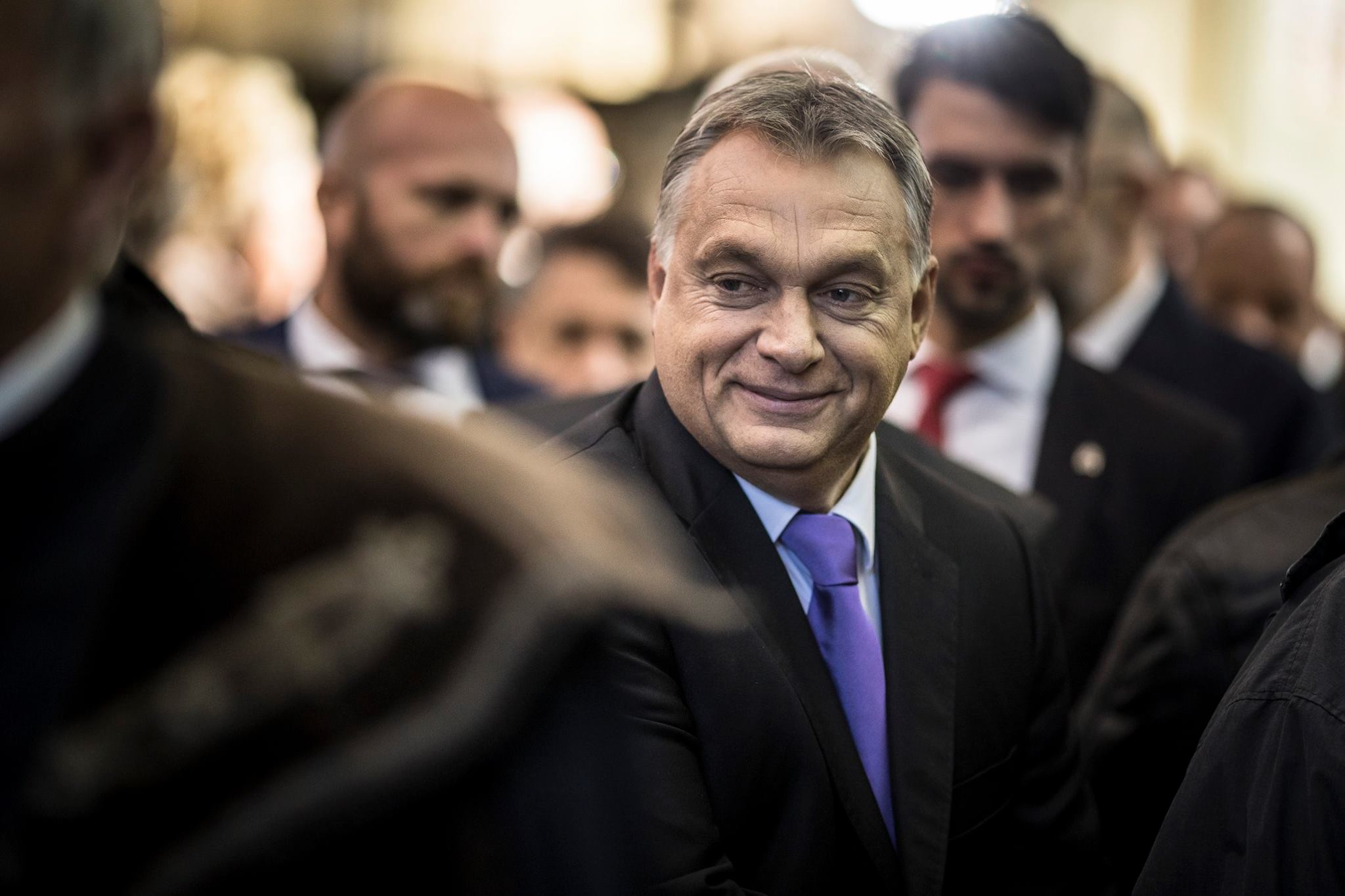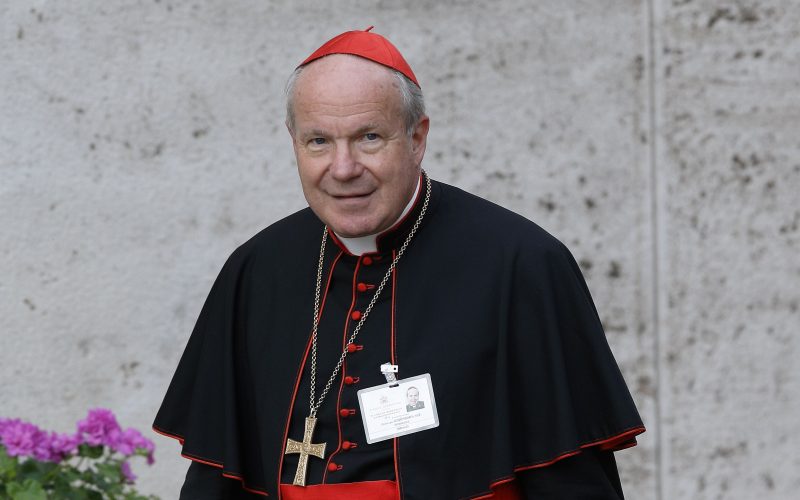On Thursday 28 and Friday 29 of June the leaders of the 28 Member States of the European Union met in Brussels for a summit to discuss in particular migration policy at a European scale. A summit that has brought some progress but which is not a decisive victory for anyone, even if the V4 can celebrate having imposed its themes and some of its solutions, as well as having overcome the domination of the immigrationist paradigm.
Belgium, Brussels – Once again, the European Union seems to be paralyzed. The leaders of the 28 EU Member States, however, all wanted to move the debate on the migration issue forward, and the discussions dragged on late into the night. Nothing helps, the migration issue is not settled, and no idea is unanimous.
The Hungarian Prime Minister represented the Visegrád countries during the V4-France meeting preceding the summit, in order to negotiate with Emmanuel Macron. The immigrationist governments, like those of the French Republic or Germany, have agreed to abandon the idea of mandatory quotas for all, which is already a great victory for Viktor Orbán and V4. For the strong man of Budapest, who announced on his arrival in Brussels his willingness to put an end to massive and uncontrolled immigration to Europe and initiate remigration, the summit can not however be seen as a total victory.
Certainly, the EU is starting to be in tune with the solution proposed by the V4 three years ago, namely the setting up of refugee camps outside the EU borders – to make the registration of applications and to distinguish refugees from cheaters and economic migrants – and Frontex control over the Mediterranean Sea. But if we do not know the exact content of the negotiations, we understand that each side had to make concessions.
Quotas will only apply to Member States wishing to participate in the relocation of immigrants, but those who oppose it may well be required to participate more heavily in the funding of protection structures. Frontex should indeed significantly increase its workforce in the coming years, and that will have a cost. Slovak Prime Minister Peter Pellegrini announced that Slovakia was volunteering to temporarily accommodate 1,200 migrants to relieve neighboring countries – referring to Austria. He insisted, however, that every migrant should be accepted by the government, and that none of them could enter and stay in Slovakia without prior government control and acceptance.
No details on the technical solutions: the EU is talking about increasing aid to the countries of origin of the migrants, but the population of these countries is expected to double by 2050. And what about the migrants which will be refused in the registration camps? Many questions still arise.
A concrete progress for the Visegrád group, certainly because of the Italian pressure on the issue, is that NGOs should now stop picking up in the Libyan territorial waters migrants on smugglers’ ships, and let the Libyan coastguard do their work. This should considerably dry up the massive influx of illegal immigrants into Italy, and therefore into Europe.
So if the V4 has managed to establish itself as a key and influential trading partner, it has not – yet? – obtained total gain of cause. The fight within the EU on the migration issue has not been resolved this week.




